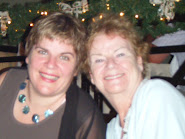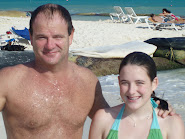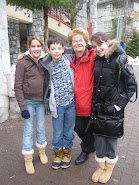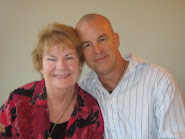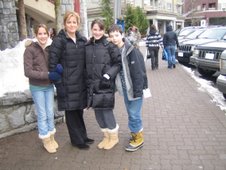 “Gratitude unlocks the fullness of life. It turns what we have into enough, and more. It turns denial into acceptance,chaos into order, confusion into clarity. It can turn a meal into a feast, a house into a home, a stranger into a friend. It turns problems into gifts, failures into success, the unexpectedinto perfect timing and mistakes into important events.Gratitude makes sense of our past, brings peace for today and creates a vision for tomorrow.”— Melodie Beattie
“Gratitude unlocks the fullness of life. It turns what we have into enough, and more. It turns denial into acceptance,chaos into order, confusion into clarity. It can turn a meal into a feast, a house into a home, a stranger into a friend. It turns problems into gifts, failures into success, the unexpectedinto perfect timing and mistakes into important events.Gratitude makes sense of our past, brings peace for today and creates a vision for tomorrow.”— Melodie BeattieThis was a beautiful editorial in the Buffalo news today . It was so good , I just had to share it . It's been a cold, wet thanksgiving here in Buffalo and we spent most of the day huddled in our cosy room at the Doubletree !
The grateful heart Counting our blessings is never enough. We need to pass them on.
Today is a holiday. So we will give that editorial part of ourselves that is never satisfied — that voice that views with alarm, thunders for action or fairly oozes with disappointment, that personality that comes down out of the hills after the battle to shoot the wounded — the day off.
Instead, we will do this day, Thanksgiving Day, the honor of taking it seriously. But not passively. Because it is the function of this space to call for something, even on holidays. We will commend your attention to the virtues of thankfulness, of gratitude, even of acceptance, as a foundation for a well-lived life.
“Gratitude is not only the greatest of virtues, it is the parentof all the others.”— Cicero
To be grateful for what one has is not the same as being an overstuffed lump in front of the television, pleasant and well-honored as today’s tradition might be. Nor does thankfulness mean a resigned acceptance of things that are truly wrong, in your life, the lives of others or the happenings in your community and around the world.
But to be thankful, to feel it and express it, can drain the selfishness, and the self-pity, out of how a person looks at life and chooses to live it. It is hard to be truly thankful for secure families, warm homes, full bellies, thriving children and healthy bodies, or whatever portion of that one may have, without on some level pledging to preserve it for oneself and wishing the same for others.
To only denigrate what one has, to focus on the feeling that it is not enough, not so much as the other person has, not as nice as life looks on TV or in the slick magazines, is the road to neither personal fulfillment nor social responsibility. That kind of thanklessness leads to the soul-eating discontent that causes jealousy, envy and conflict, that encourages crime both on the street and in the executive suite, and can turn life into a never-ending competition for goods or status that can never be fully achieved.
“The Pilgrims made seven times more graves than huts.No Americans have been more impoverished than these who,nevertheless, set aside a day of thanksgiving.”— H.U. Westermayer
As easy as it is to forget in our turkey-gorged stupor, the history of Thanksgiving in America is not one of merely sitting at the table and receiving an extra large helping of all the good things life has provided us up to now.
Thanksgiving is a holiday created by the suffering Pilgrims of Plymouth Colony, who barely survived their first winter in their strange new land. It was made official by Abraham Lincoln, even as he presided over what he rightly described as “a civil war of unequaled magnitude and severity,” suffering that he interpreted as punishment for the nation’s sin of slavery. In neither case did appreciation for the good that life offered rise from a perfect existence. In neither case did it lead to anything other than a desire, a duty, to build upon whatever there was to be thankful for, to share it with family, with countrymen and with posterity. In both cases, the choice to see the good — and it is a choice — provided an encouragement to
make it still better for still more people.
“One can never pay in gratitude; one can only pay ‘in kind’ somewhere else in life.”— Anne Morrow Lindbergh
Americans who have much to be thankful for, and that includes nearly all of us, are drawn to family and friends at this time of year. In part, that attraction is a way to express, with our mere presence if not in actual words, the gratitude we feel toward them for the many favors they have done for us. But the list of those who have created our society and our world is so long, and goes so far back in time, that it is impossible to repay, reward, even to praise, all those we owe.
So accept the gifts, but don’t even try to pay them back. Pass them on. Express thankfulness in ways great and small, from words of kindness to a stranger, to voluntary service for local causes, to a willingness to pay one’s taxes and then pay attention to make sure the money goes for the proper purposes.
The devotion to improving our lives, our communities and our nation need not, and most often does not, arise from resentment or anger. It comes from a feeling that to whom much is given, much is also expected.
Much has been given us. Much more will follow, as long as we are thankful.
Reproduced from the Buffalo News November 22nd 2007

